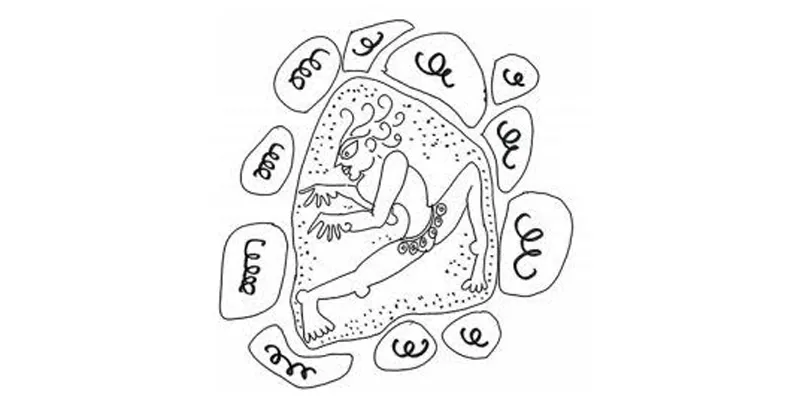The shifting sands of corporate leadership
In Gita, we find the concept differentiating deha (body) from dehi (soul). Everyone’s body is different, but everyone’s soul is the same. Science presents us with a similar thought at a cellular level. All the cells in our body look different because they produce different proteins, but they all contain the same DNA. So the cell on our skin is the same as the cell on our tongue. But each one looks different under the microscope as each one is responding to a different micro-ecosystem and has to deal with different challenges as it goes about doing what it is supposed to do. Yet each cell, be it on the skin or the tongue, contains the same information. In an organizational sense, we can say that every cell has the same capability and capacity yet performs differently depending on what the organization wants them to do.

The age of specialization led to over-specialisation and we had experts who could do one thing not another. But increasingly, with value being placed on startups and innovation, the world is moving towards generalists. There is a great demand for leaders who can do different things at different places and different times. To use cellular language, there is need for talent who know to produce different proteins depending on what is required. They know when to focus on tasks, when to focus on targets, when to pay greater attention to emotions and when to focus on finance. In other words, they are adaptable.
In the Puranas, Vishnu is adaptable. When born in a royal family, he behaves royally. When raised by cowherds, he behaves as a commoner. He knows what to be, when. He is sensitive to the ecosystem and responds as per need. Adaptability is one quality that is key to success.
But there is another quality that needs to parallel adaptability. And that is empathy. How sensitive is a cell to other cells around it? When a cell grows respecting the boundaries of neighboring cells we are in health. When a cell grows disrespecting the boundaries of neighboring cells we are in cancer.
Often in organization, we hire talent and some of these talents are highly adaptable, so they rise up the corporate ladder, able to work in different departments, in different geographies, in different roles, doing different tasks. But then a problem arises: inter-personal relationships. They do not know how to work with others around them. Either they are too dominating or too submissive or they do not know how to engage with the other in equal terms, which involves mutual exchange.
Suddenly, there is tension. We forget that those around us are as capable as us, but they express their talent differently. Or they have complementary talents that are perhaps not openly discussed, as we are too scared to share our inadequacies. Or there is fierce competition between two people and so neither really helps the other for fear they will lose the promotion. Thus an atmosphere of hostility is created, in the absence of mutual support. In other words, cancer.
We can put great posters out there that we have to work as a team. But that need is defined on basis of organizational goals. In cancer, despite having the same DNA, as all cells, the cancerous cell ignores the overall objective of the body, and focuses on its own growth. Cancer is often the result of the cell being used to excessive abuse: as in case of smoking or chewing tobacco or skin cancer when exposed to too much sun. Sometimes organisations too create abusive ecosystems, that makes talents forget about the team or the organization, and simply protect themselves. They grow at the cost of others. Thus organizations nurture cancer, and wonder what went wrong when things collapse.
Earlier published here.
(Disclaimer: The views and opinions expressed in this article are those of the author and do not necessarily reflect the views of YourStory.)







